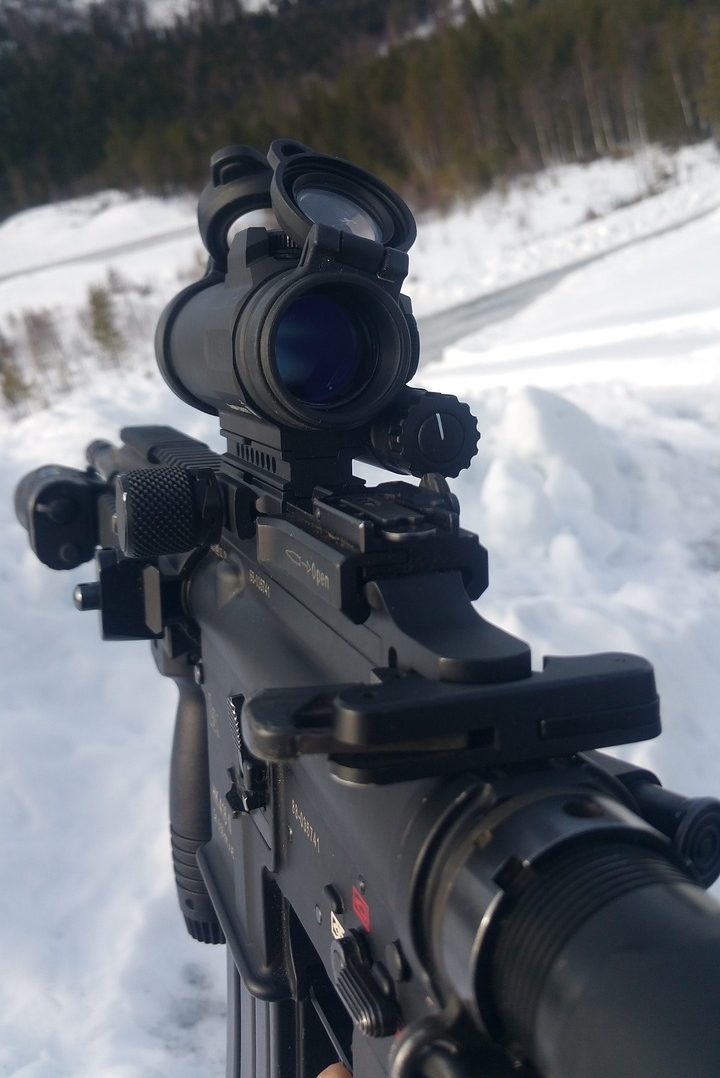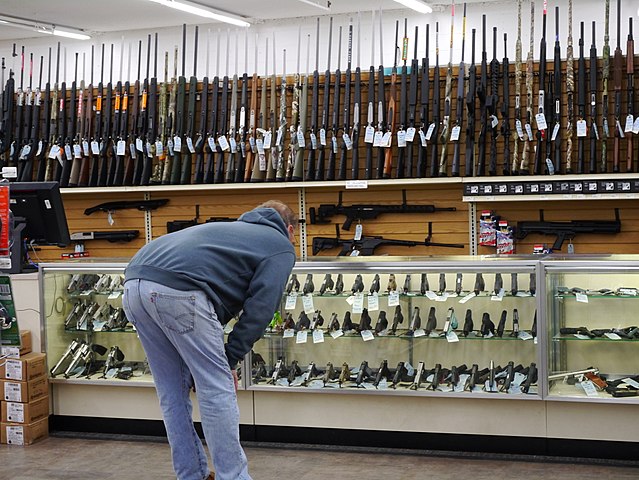“So, what tools do I need?” It’s one of the most common questions we see from students. We have already reviewed The Top 10 Mistakes New Gunsmiths Make and it is highly recommended reading to figure out what you should steer clear from regarding tools but this does not address what you absolutely need to start out as a gunsmith. SDI senior gunsmith Kip Carpenter recently took the time to review a list of tools he has helped to compile with the input of several of SDI’s most experienced gunsmiths.
Hand Tools:
- Ball peen hammer (Recommended to have one smaller and one larger ball peen hammer.)
- Delrin-tipped/brass hammer combo
- Roll pin starters
- Standard pin punch set (Steel and brass recommended. Brass is soft and does not risk marking a firearm but they are easily bent so it is recommended to have steel punches on hand as well.)
- Allen keys
- Torx head drivers
- Needle nose pliers
- Armorer’s wrench
- Slotted screwdriver set
- Bench block
- Laser boresighter
- Vernier caliper
- Micrometer
- Feeler gauges
- India Stone
- Needle files
Power Tools:
- Power drill
- Drill press
- Cross slide drill press vise
- Router
- HSS Drill bits
- Foredom™ or Dremel™ Rotary tools
Optional:
- Belt sander with disc attachment
Supplies:
- All-caliber cleaning kit
- Non-chlorinated brake cleaner
- Solvent
- Gun oil
- Propane hand torch
- Patches
- Shop rags
- Q-tips
- Hobby visor and protectives glasses
Heavy Equipment:
- Vise with reciprocating head
- Work bench
Optional:
- Barrel vise with soft jaws
Additionally, as Kip Carpenter stated, “It’s a great idea to have a hacksaw for tasks such as shortening a barrel. I also highly recommend an extension attachment for your sockets. There’s simply no better way when disassembling a shotgun.” Kip also had input regarding specific firearms tools. “Wait to purchase specific tools for 1911’s and AR’s or any other firearm until you need them or if you start to specialize in those firearms. When you get into those firearms specific tools, they start to get expensive and that could hurt your bottom line as a business owner. You can also live without lathes and mills unless you have experience with them already of unless you expect to specialize in that kind of work.”
Kip also highly recommends seeking quality tools for your workhorses such as screwdrivers, hammers, wrenches, pliers, cleaning compounds and oils, and wood saw (for recoil pad work). These will be your most often used tools and it is essential that you can rely on them. One overlooked piece of equipment recommended by Kip is optical magnification. “Sometimes you need to really get in there and there is no better way than to use magnification glasses. Often, they come with light attachments and man, you can never have enough light,” stated Kip.
Kip’s last bit of advice, “Get yourself a big old pack of painter’s tape. I tape off every piece I work on just in case slip off a screw while working on a firearm. It’s amazing how much damage you can do with a minor slip so I like to eliminate that risk.”
There is a lot opinion out there when it comes to tools and you probably have your own preferences. This list is viewed as the most essential items that you will need as you begin a career as a gunsmith. Your accumulation of tools will likely increase as your career advances and as most gunsmiths will agree, you can never have enough tools.
As part of SDI’s curriculum, most of these tools are supplied to our students. Each program requires different tools that will be supplied. For full lists of our tools, view our programs here: https://sdi.edu/programs/ .



